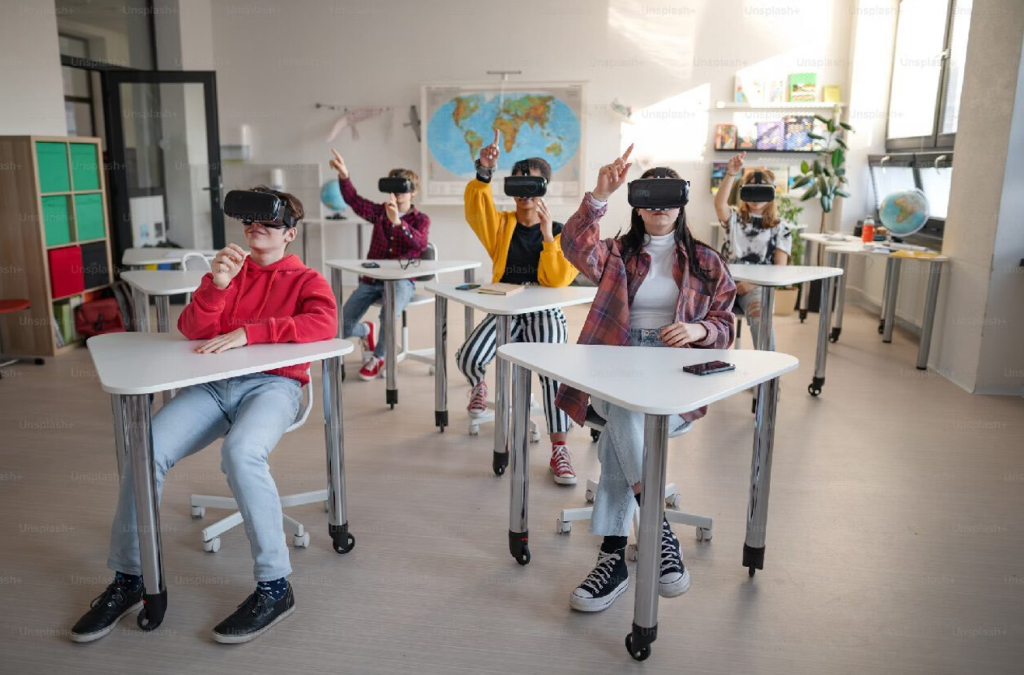As the Incheon Conference Declaration emphasizes, the achievement of SDG 4 depends on the opportunities and challenges that technology presents, a connection that the COVID-19 pandemic has strengthened. Six of the ten targets of the fourth sustainable development goal on education refer to technology. These benchmarks show five ways in which technology is affecting education: as a pedagogical tool, as a means of delivering education, as a skill, as a planning tool, and as a social and cultural context.
Technology provides the opportunity to tailor teaching to the individual needs of each student, fostering a deeper grasp of concepts. Ultimately, the varied educational resources available via technological tools offer access to a multitude of teaching aids, enriching the student’s learning experience.
What about Artificial Intelligence?
Artificial Intelligence (AI)-based tools are being deployed in education systems worldwide. Although they hold huge potential for enriching and developing learning, their rapid deployment also presents risks, as they are being used without the necessary regulatory frameworks to protect learners and teachers and ensure that their use in education follows a human-centered approach.
New generative AI systems based on large-scale language models score better than average students in most standardized tests, and their scores are often in the top 10% or even 1% of results. This is forcing education systems to reconsider the usual modes of assessment, which will no doubt lead to innovations in the assessment of learning. This means that we are going to have to rethink the way we learn and teach and, consequently, the way students are taught and the priorities they are encouraged to set.
The fact that AI supports teaching and learning cannot be denied and is being used to automate various administrative functions, such as grading papers and tracking student attendance and performance. However, the International Monetary Fund warns that 60% of new jobs could be replaced or heavily affected by AI soon. This underlines the importance of institutions committing to being in control of technology, so as not to be controlled by it. Whatever the field, we need to be open to innovation and well-prepared, rather than taking a defensive approach that is against progress.


Leave a Reply